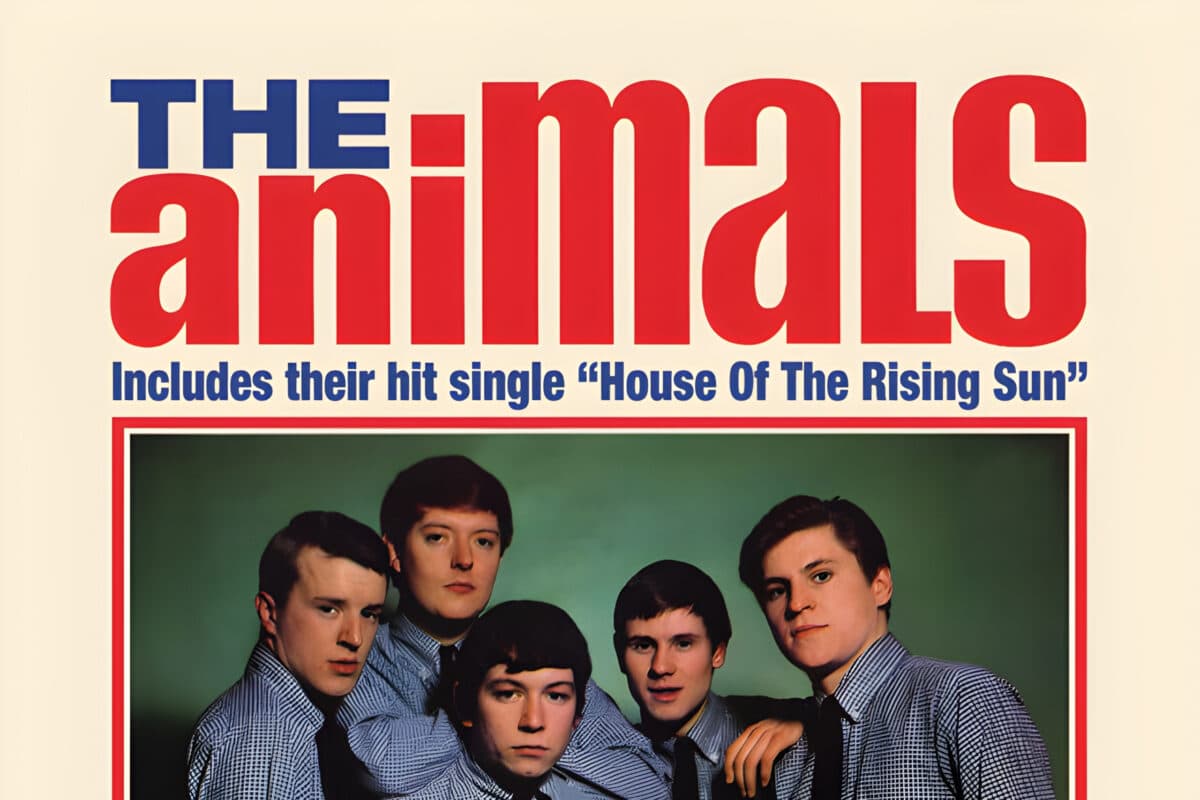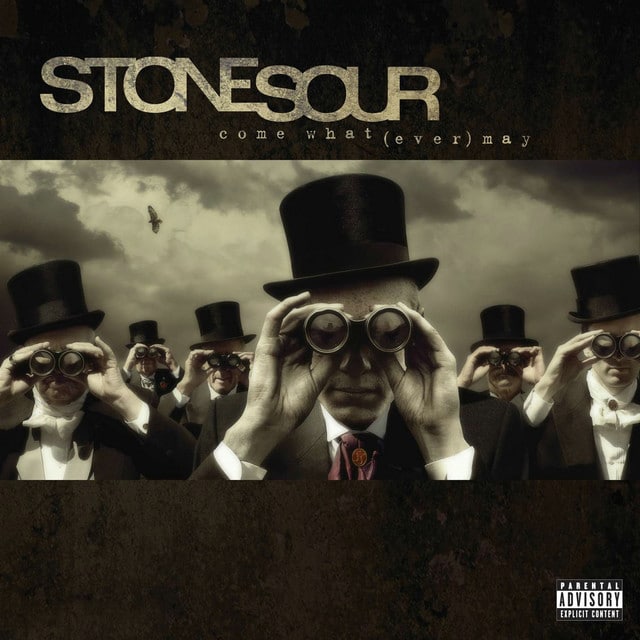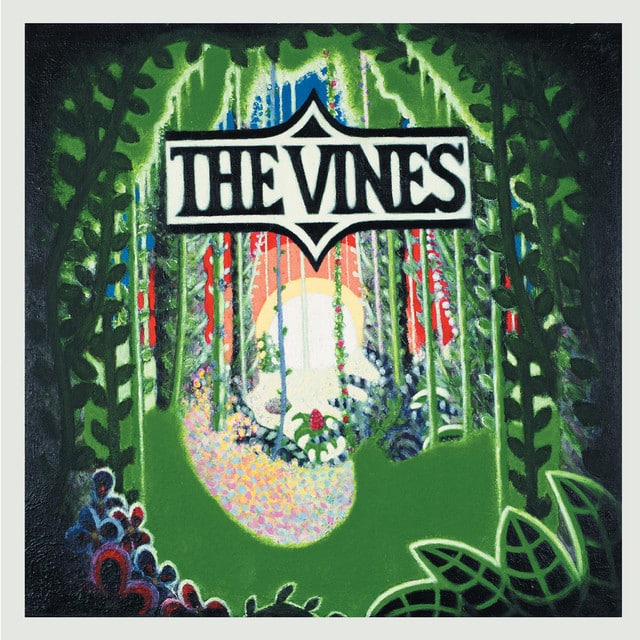Released: 1964
The “House of the Rising Sun” by The Animals is a song drenched in warning and melancholy, painting a vivid picture of downfall and regret. It speaks about the life and times in New Orleans, focusing on a protagonist caught in the cycle of vice and sorrow. This song transcends a tale of personal suffering to become a timeless caution against the seductive dangers of the fast life.
The opening lines immediately set the scene in a notorious house in New Orleans, hinting at a place where dreams crumble – the Rising Sun. This isn’t just any setting; it’s a landmark of loss and despair for “many a poor boy,” including our narrator, who confesses with a somber, “God, I know I’m one.” Here, the Rising Sun symbolizes not just a physical location, but a state of being trapped in a cycle of destruction.
Next, we dive into the protagonist’s backstory, shining a light on his family. His mother, a tailor, and his father, a gambling man, outline a household of contrasting fates – creation and destruction. The father’s gambling in New Orleans foreshadows the protagonist’s downfall, illustrating how the sins of the father are revisited upon the son. The mention of the new blue jeans his mother sews for him adds a touch of innocence lost, a life that could have been different.
The verse about the gambler’s needs cuts to the core of addiction’s simplicity and destructiveness. The gambler only needs a suitcase and a trunk, symbols of transience and the readiness to flee responsibilities or consequences. His only satisfaction comes “when he’s on a trump,” revealing a fleeting and precarious contentment dependent on chance, pushing the narrative of the gambler’s luck running out.
The poignant plea, “Oh mother, tell your children not to do what I have done,” strikes a chord of regret and caution. The protagonist’s reflection and advice to live differently than he did – away from the “sin and misery in the House of the Rising Sun” – underscores a desperate wish to spare others his fate, making it a haunting refrain for generations.
Finally, the conclusion shows the protagonist’s resignation to his fate, with “one foot on the platform, the other foot on the train,” symbolizing his in-between state, caught between staying and leaving, but inevitably drawn back to the source of his ruin. The return to New Orleans, to “wear that ball and chain,” is a powerful admission of defeat and entrapment in the cycle he was doomed to repeat.
In essence, “House of the Rising Sun” is a tale of warning woven with threads of individual downfall, generational curses, and the quest for redemption that comes too late. The Animals captured a piece of human sorrow and laid it bare, making the song a timeless marker of the perils that lurk when one gambles with fate in the city of New Orleans.






